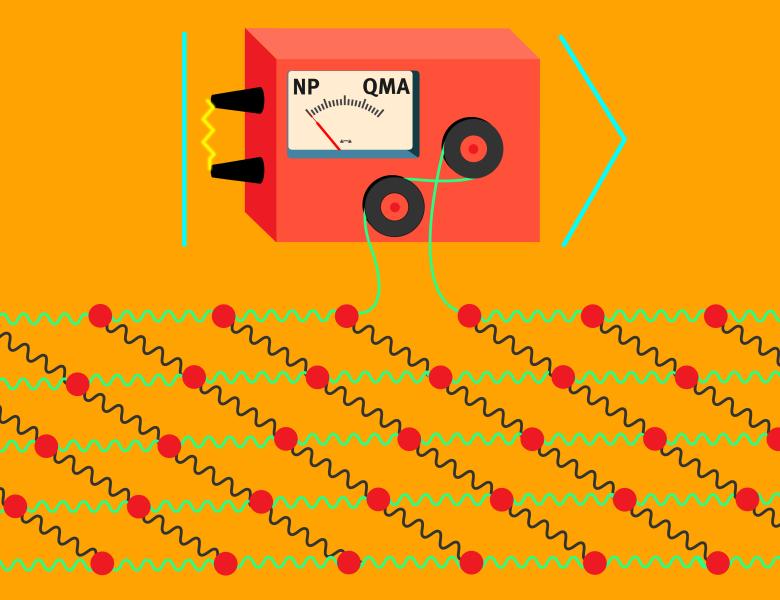
Abstract
Quantum computers can offer dramatic speed-ups over their classical counterparts for certain problems. However, noise remains the biggest impediment to realizing the full potential of quantum computing. While the theory of quantum error correction offers a solution to this challenge, a large-scale realization of fault tolerance is still pending. What can one hope to do then, with existing noisy processors? In this talk I will discuss noise - learning and error-mitigation protocols used in experiments, that produce reliable expectation values from a noisy 127 qubit processor. These experiments demonstrate the implementation of quantum circuits at a scale that in general is only accessible with classical approximation methods. We argue that these experiments represent the first evidence that useful information can be obtained from current devices in a pre-fault-tolerant era.


